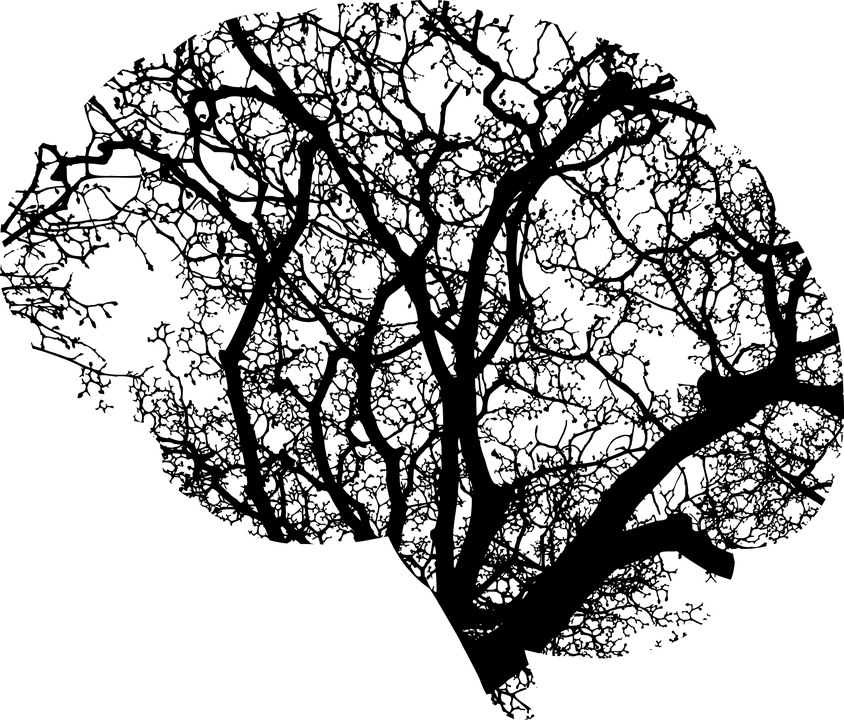
When people get into any type of accident, the main priority people worry about are their physical injuries. There are many types of injuries that can occur from an accident that need to get check right away so they don’t worsen over time. These are extremely important to focus on, but taking a minute to check on your mental state after an accident should also be a top priority.
Not Just a Bad Memory
After an unfortunate event happens, it is common to feel some negativity or upset about the situation. However, these feelings can mean something more than just feelings. Post-Traumatic Stress Disorder, more commonly known as PTSD, is a mental health condition that can be triggered by experiencing or witnessing a distressing event. Mayo Clinic has categorized PTSD symptoms into four types:
- Intrusive memories – recurrent and unwanted upsetting memories of the event, reliving the event as if it were happening again (flashbacks), nightmares about the event, and severe emotional distress or physical reactions to something that reminds you of the event.
- Avoidance – trying to avoid thinking or talking about the event and avoiding places, activities, or people that remind you of the event.
- Negative changes in thinking and mood – negative thoughts about yourself, other people, or the world, hopelessness about the future, memory problems, difficulty maintaining close relationships, feeling detached from friends and family, lack of interest in previously enjoyed activities, difficulty experiencing positive emotions, and feeling emotionally numb.
- Changes in physical and emotional reactions – being easily startled, always being on guard for danger, self-destructive behavior, trouble sleeping and concentrating, irritability, angry outbursts, or aggressive behavior, and overwhelming guilt or shame.
Anyone who has experienced a traumatic experience can possibly suffer with PTSD down the line. Someone who got into a motorcycle accident can develop PTSD, just like a person who witnessed a severe auto accident on a highway also can.
Check yourself after you Wreck Yourself
Just like seeing a doctor right away to check up on post-accident bodily injuries, it is extremely important to get your mental health status checked as well. If you are having severely disturbing thoughts and negative feelings about an accident you were in or witnessed for more than a month, or having trouble getting your life back under control, contact a mental health professional. Treatment can help prevent PTSD symptoms from getting worse.
It’s Good To Know Mike Bottaro – 24/7 Personal Injury Help
At the Bottaro Law Firm, LLC, we handle car accident personal injury every day. Honesty. Integrity. Results. Our experienced legal team is here to fight for your rights. Contact us in any method you prefer 24/7 for a fast, free, and confidential consultation about your case. Text or call: 401-777-7777 or fill out our free and confidential online form.

